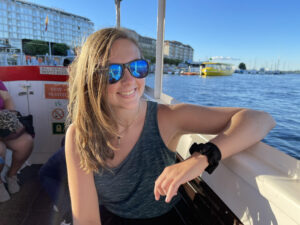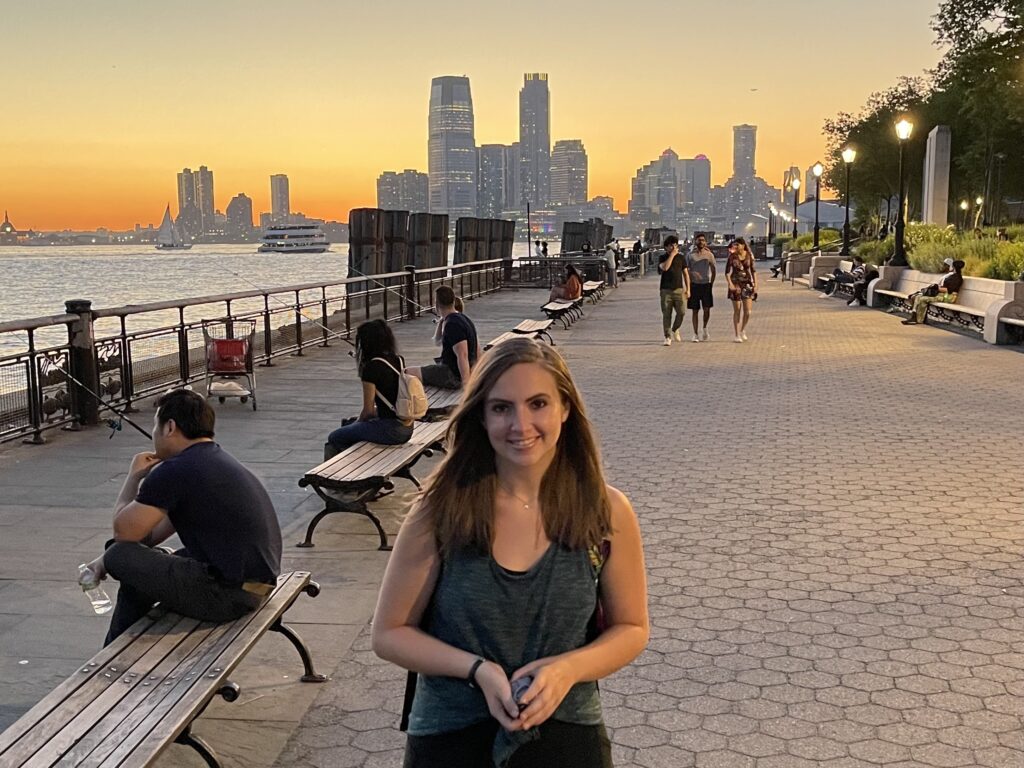
It’s already the end of the summer and my practicum experience! I am proud of what I am finishing up for the United States Peace Corps in the Office of Global Health and HIV, a literature review and an implementation guide for Peace Corps Volunteers working towards the prevention of Alcohol, Tobacco, and Other Drug use among adolescents.
Over the course of the summer, I have been contemplating how my personality interacts with public health work. As an anthropology major in college, I am accustomed to thinking on big-picture levels and I tend to come away with the “big idea” rather than with details. I’m used to thinking, “How can I make it as easy as possible for anyone, including myself, to take away the main point?” Sometimes, including in my projects for Peace Corps this summer, I have to remind myself that my work in public health has to cite specific research and statistics; the distinguishing mark of public health is that everything we do is grounded in evidence. As we have seen in the COVID pandemic, maintaining the credibility of the public health field is crucial to ensuring the public’s willingness to engage in health interventions.
One of the highlights of the summer was having
the opportunity to speak with a couple of Peace Corps posts (offices operating at the national level that receive Peace Corps Volunteers for their respective countries), including Moldova and Albania. Those meetings helped me focus my literature review because they gave me a better sense of the on-the-ground lens. I returned to my drafts after those meetings and realized some parts needed more specificity and others were irrelevant. I believe this is another important lesson in public health; one has to be able to operate on the community level while keeping the local level in mind. Ultimately, even though we work on a population level, we are still improving individual lives. I suspect I will continue to learn how to manage that balance throughout my public health career.
As I finish up with the Peace Corps, I am excited to start the final year of my Master of Public Health in Maternal, Child, and Family Health. I will be in this year’s cohort of the Mary Rose Tully Training Initiative to become an International Board Certified Lactation Consultant. I will also continue an internship that I started this summer with the Gillings Humanitarian Health Initiative, for which I am on a team creating a research repository on infant and young child feeding in emergency settings (link: https://www.ennonline.net/ife/iycferepository). I am enormously grateful to Salwan, my supervisor at Peace Corps this summer, for her inspiring and patient mentorship and for renewing my interest in global health promotion.
Clara

